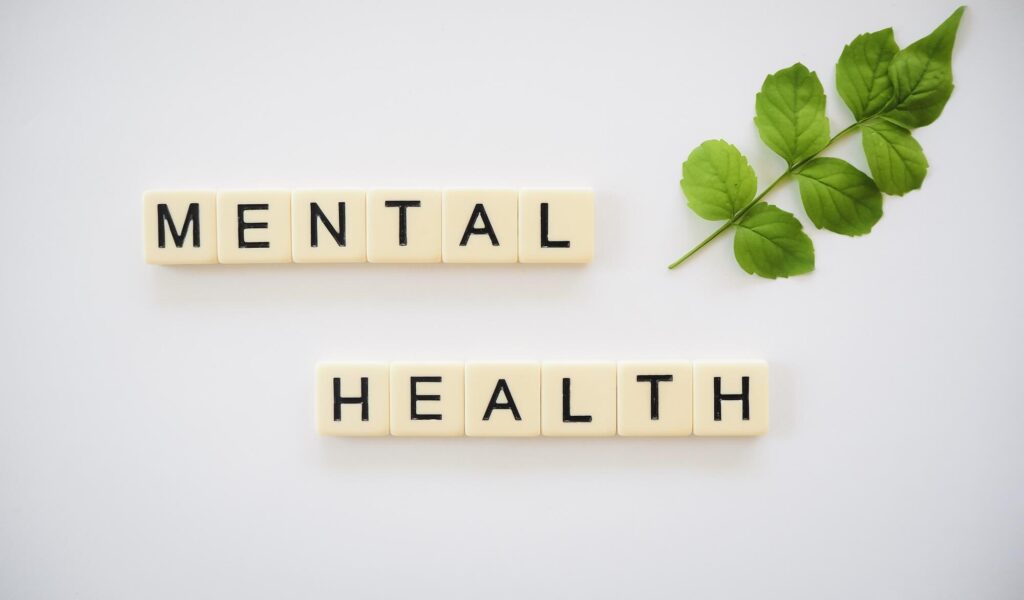For many older adults, talking about mental health can feel hard and lonely. They might feel ashamed or worried about what others think. But it’s very important to break these feelings of shame. When we do, it helps seniors feel better inside and makes our communities stronger.
By opening up and supporting each other, we can create a kinder world where older people live happier and healthier lives. Let’s get into it!
Understanding Mental Health Stigma
Mental health stigma means having unfair or negative ideas about mental illness. For many seniors, this comes from old beliefs that getting older means getting weaker.
Because of this, some may feel that asking for help shows weakness. This makes it harder for them to get the care they need, even when they struggle.
Promoting Emotional Wellness
Addressing the stigma of mental health in seniors can have a transformative effect on emotional wellness. When we break the silence, it helps people understand what others are going through and lowers feelings of loneliness and worry that can come with getting older.
Joining group therapy or support groups can create a space where seniors feel safe and cared for. These groups help them share their feelings, learn new ways to cope, and feel more comfortable asking for help.
Enhancing Social Connection
One of the best ways to fight mental health stigma is by building stronger social connections. When talking about mental health becomes normal, seniors feel more comfortable reaching out to others who understand what they’re going through.
This helps them make new friends and build support networks, which can ease the loneliness many seniors feel. Having good social connections can lessen feelings of sadness and worry, making life better and happier for older adults.
Improving Quality of Life
When we tackle mental health stigma, seniors’ quality of life can greatly improve. Teaching families and caregivers why mental health matters helps them take a more active role in supporting seniors. This can mean checking in often, encouraging activities that bring people together, or creating a space where seniors feel safe talking about their feelings.
Encouraging Open Dialogue
It’s important to talk openly about mental health so seniors don’t feel lonely or ashamed. When we start these talks, it helps everyone understand that mental health problems are normal and nothing to be afraid of. This makes seniors more willing to ask for help and share how they feel.
Using Community Programs and Mental Health Services
Community programs and mental health services can really help seniors who need support. They offer activities, counseling, and chances to meet others, all of which help seniors feel better. Helping seniors find and utilize these services can significantly improve their mental health.
Creating Intergenerational Activities
Bringing young and older people together in activities helps seniors feel less alone and more valued. These events let seniors share their stories and learn from younger people. Building these friendships can make seniors feel happier and more confident.
A Call to Action
Breaking the stigma surrounding mental health is not just important for society-it is crucial for improving seniors’ lives. When we encourage open talks about mental health, help build connections, and promote acceptance, we create a stronger support system for older adults. Together, we can fight mental health stigma in seniors and help them live healthier, happier lives.
Is this article helpful? Keep reading our blog for more.






